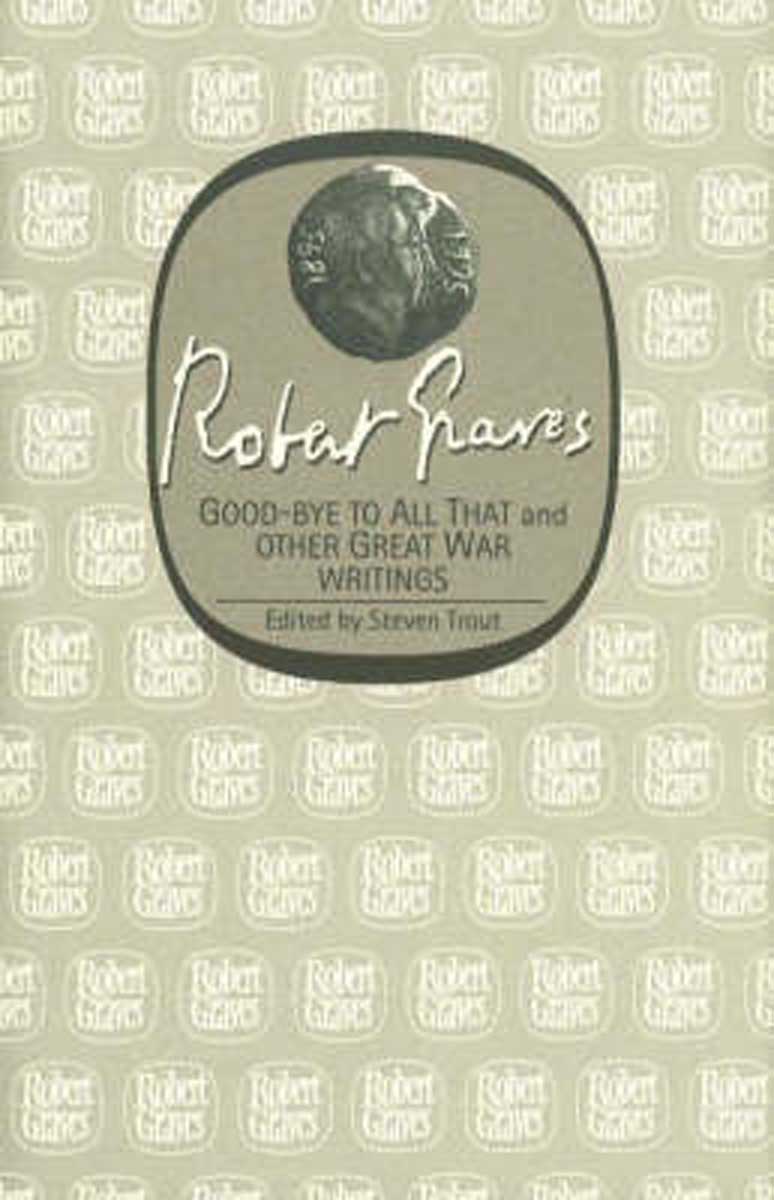Goodbye to All That and Other Great War Writings
This volume brings together all three of Robert Graves's most significant prose writings on the meaning of the Great War: the original 1929 edition of "Good-bye to All That", the essay "A Postscript to Good-bye to All That" (1930), and the play "But It Still Goes On" (1930). These last two works, which have been long out of print, provide an invaluable context for Graves's classic autobiography. The "Postscript", Graves's reflections on the nature of personal literature written about the Great War, is a fascinating complement to "Good-bye to All That", illuminating Graves's own stance in his war memoir. "But It Still Goes On", a play too controversial to be staged in the 1930s, explores the cultural and emotional wasteland of postwar England. Steven Trout's detailed introduction places all three works within their cultural and biographical context and, in particular, explores the complexities of the truth claims and dark humour in Graves's account of his experiences on the Western Front.
This is the only edition of Graves's work to present the original 1929 text of "Good-bye to All That" alongside "A Postscript" and "But It Still Goes On", making available crucial texts for any Graves scholar or student of First World War literature.
This is the only edition of Graves's work to present the original 1929 text of "Good-bye to All That" alongside "A Postscript" and "But It Still Goes On", making available crucial texts for any Graves scholar or student of First World War literature.
About the author
Robert Graves (1895-1985), poet, classical scholar, novelist, and critic, was one of the greatest writers of the 20th Century. Athough he produced over 100 books he is perhaps best known for the novel "I, Claudius" (1934), "The White Goddess" (1948) and "Greek Myths" (1955).
Robert Graves was born in Wimbledon, South London. His father, Alfred Percival Graves, was a school inspector, and his mother, Amalie von Ranke Graves, was a great-niece of the German historian Leopold von Ranke (1795-1866). He was educated at Charterhouse, and awarded a B. Litt by St. John's College, Oxford after his return from World war I, where he served alsongside Siegfried Sassoon.
Robert Graves died in 1985 in Deja, the Majorcan village he had made his home (with the exception of the Spanish Civil War and the Second World War) since 1929.
Robert Graves was born in Wimbledon, South London. His father, Alfred Percival Graves, was a school inspector, and his mother, Amalie von Ranke Graves, was a great-niece of the German historian Leopold von Ranke (1795-1866). He was educated at Charterhouse, and awarded a B. Litt by St. John's College, Oxford after his return from World war I, where he served alsongside Siegfried Sassoon.
Robert Graves died in 1985 in Deja, the Majorcan village he had made his home (with the exception of the Spanish Civil War and the Second World War) since 1929.


